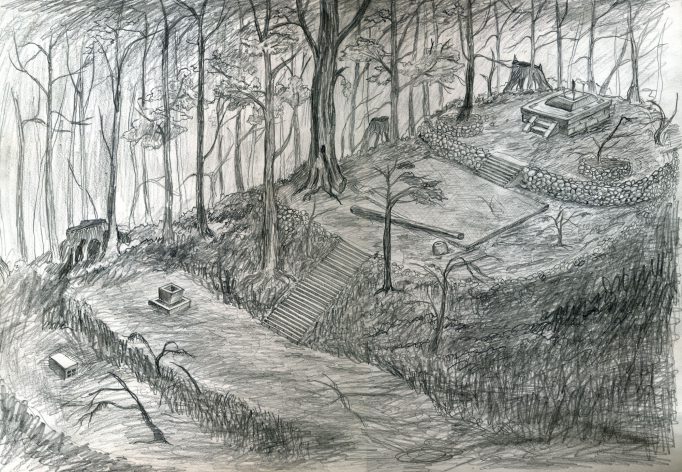Pages Magazine – Set.Nasrin Tabatabai, Babak Afrassiabi (Eds.). Pages Magazine
Posted in magazines, writing on June 30th, 2022Tags: art, Babak Afrassiabi, magazine, Nasrin Tabatabai, Pages magazine, Pages Magazine set, writing

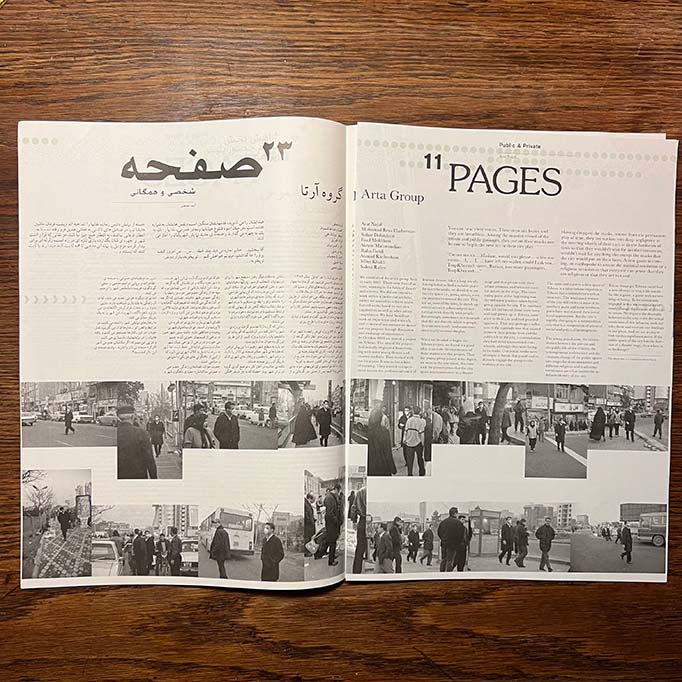


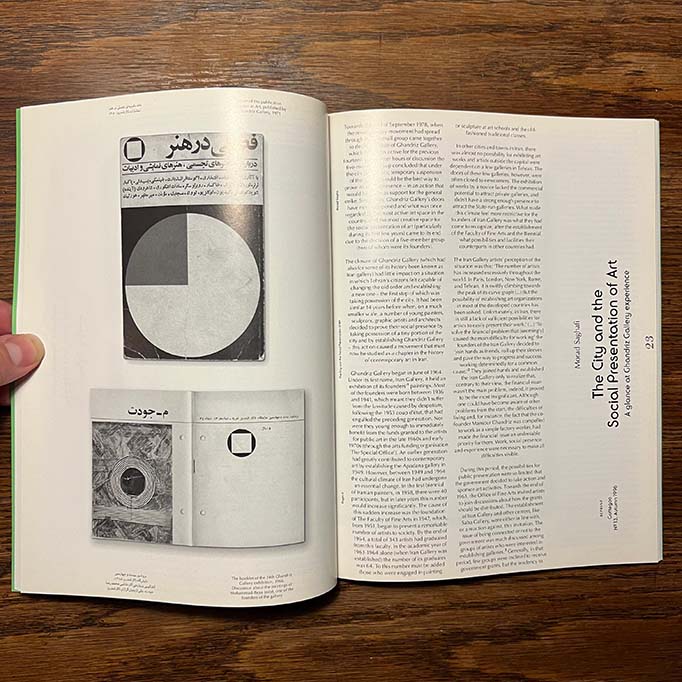
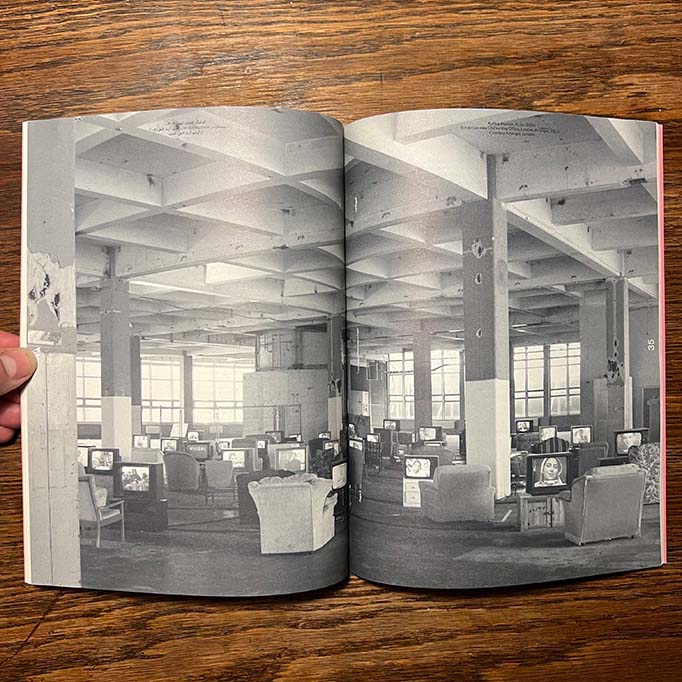
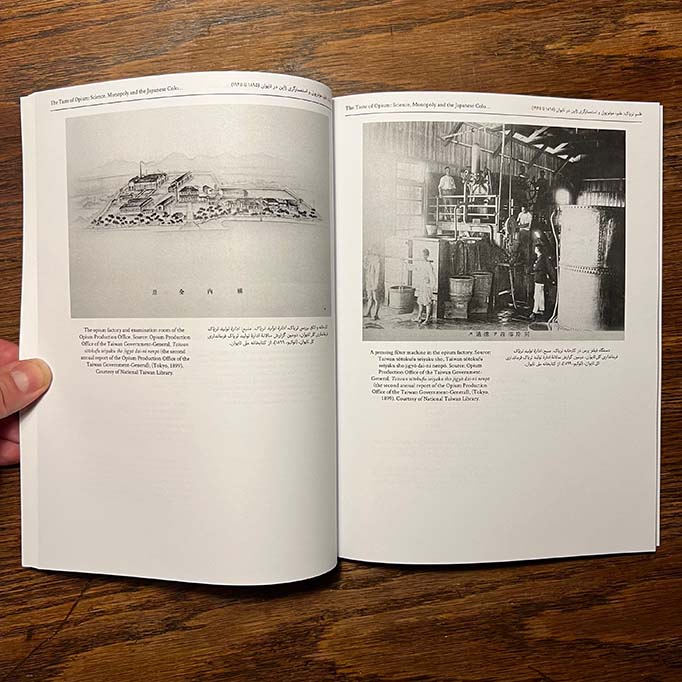
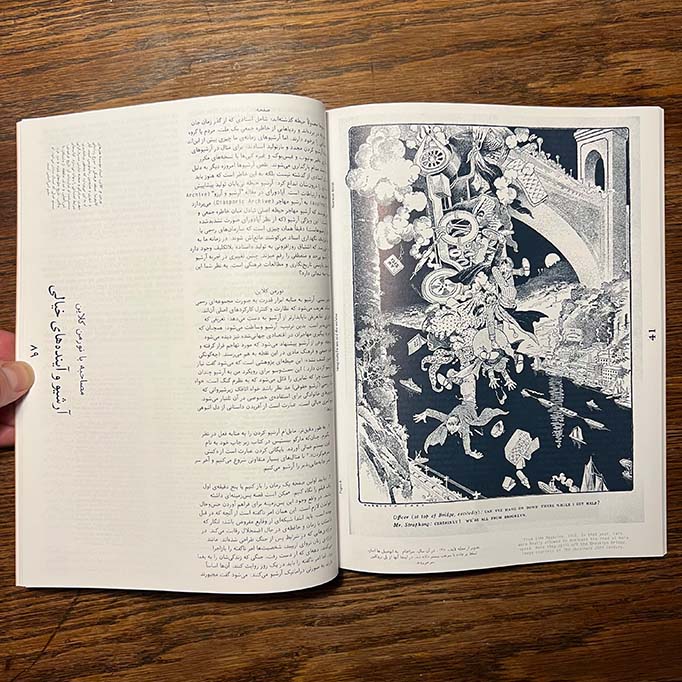
Pages Magazine Set
Pages, the bilingual, Farsi and English, artist magazine since 2004.
Edited by Nasrin Tabatabai and Babak Afrassiabi.
– Pages #1: Public & Private
– Pages #2: Play & Locations
– Pages #3: Desire & Change
– Pages #4: Voice
– Pages #5: On the Verge of Vertigo
– Pages #6: Eventual Spaces
– Pages #7: In Translation
– Pages #8: When Historical
– Pages #9: Seep
– Pages #10: Inhale
Order here

